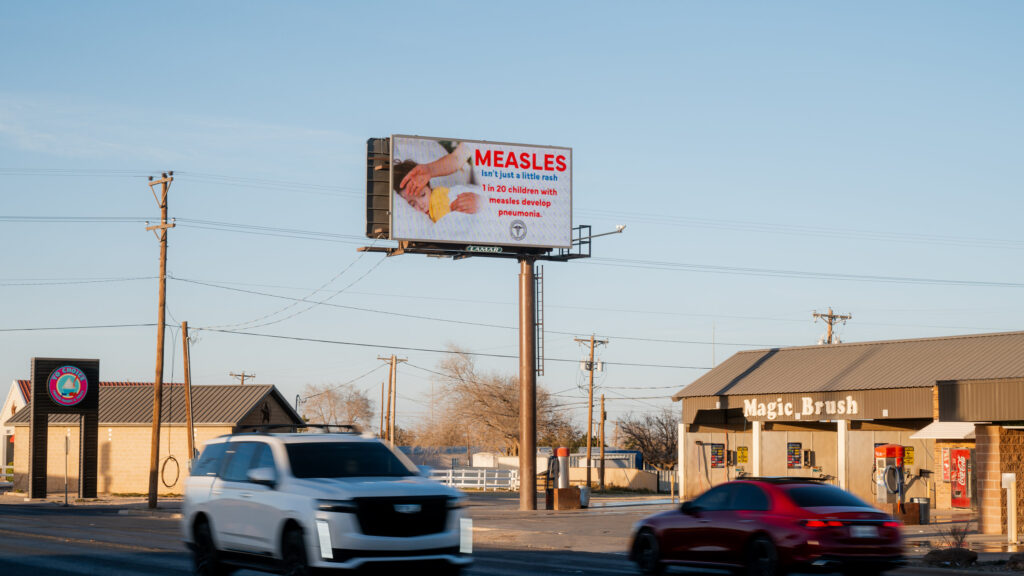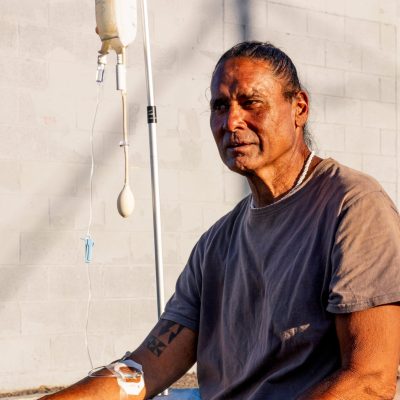The Texas measles outbreak, which started in early 2025, has prompted widespread concern as it became one of the largest in the U.S. in decades. The Texas Department of State Health Services reported a significant increase in cases, particularly among unvaccinated communities, highlighting the continuous impact of vaccine hesitancy. From January to August 2025, over 700 confirmed cases were documented, with devastating effects, including hospitalizations and unfortunately, fatalities. Health officials underline the importance of vaccination, especially in areas heavily affected by misinformation surrounding vaccines. For up-to-date resources and statistics, you can refer to the Texas DSHS site, which provides vital information on vaccination efforts and outbreak containment strategies.
Analyzing the Outbreak: Key Statistics and Trends
The Texas measles outbreak has revealed alarming trends that underscore the ongoing public health challenge. In the first six months of 2025, more than 99% of cases were reported among individuals who were unvaccinated. This stat is a stark reminder of the consequences of vaccine misinformation, particularly in marginalized communities. An investigation by the Texas Tribune highlighted not only the number of cases but also the geographical spread, indicating that rural areas faced a higher rate of infection compared to urban settings.
Impact of Vaccine Hesitancy in Texas
The surge of the Texas measles outbreak has reignited discussions around vaccine hesitancy, particularly in communities with strong anti-vaccine sentiments. Public health campaigns aimed at improving vaccination rates have been launched, yet they face resistance due to deeply rooted beliefs regarding vaccine safety. Recent studies, including one published by the CDC, show that local outreach programs focusing on education have shown promise in reaffirming public trust in vaccines and combating misinformation.
📊 Key Information
- Hospital Impact: Over 70 hospitalizations due to severe cases
- Community Outreach: Increased vaccination campaigns are underway
Responses from Public Health Officials
The response from health authorities has been multi-faceted and includes ramping up vaccination efforts, information dissemination, and community engagement. As officials develop strategies tailored to combat misinformation, they emphasize the importance of public education about the safety and efficacy of vaccines. The CDC has partnered with local organizations to create tailored programs aimed at diminishing resistance and encouraging immunization among children.
Key Takeaways and Final Thoughts
The Texas measles outbreak serves as a critical case study in public health, revealing the challenges posed by misinformation and vaccine hesitancy. Moving forward, a concentrated effort focused on education and outreach will be essential in preventing future outbreaks. For a broader understanding of the implications of the outbreak, you can explore insights from the Johns Hopkins Bloomberg School of Public Health.
❓ Frequently Asked Questions
What caused the Texas measles outbreak?
The outbreak was largely fueled by vaccine hesitancy, leading to increased susceptibility in unvaccinated populations. Public education about vaccine safety played a critical role in managing the outbreak.
How can the outbreak be prevented in the future?
Future outbreaks can be mitigated through effective community outreach and educational initiatives that emphasize the importance of vaccinations.
To deepen this topic, check our detailed analyses on Public Health section







